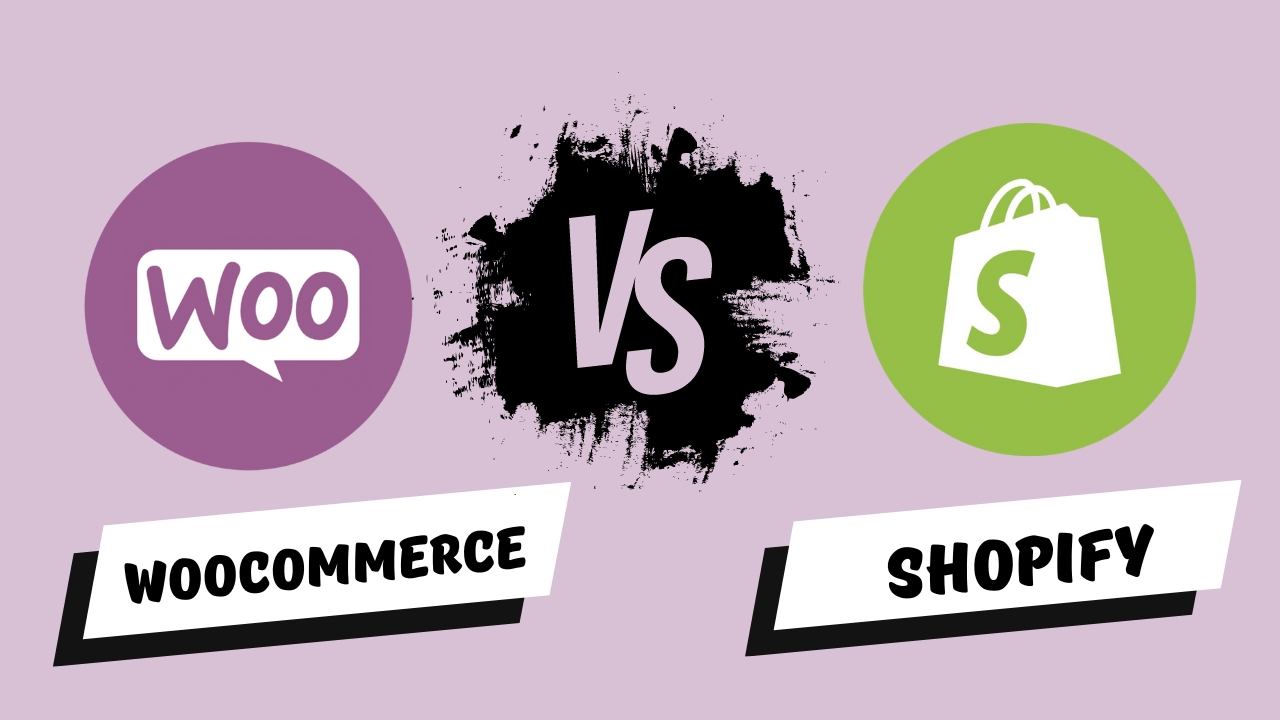In the high-stakes world of online selling, the WooCommerce vs Shopify debate is more than just a technical choice—it’s a strategic decision that shapes the future of e-commerce businesses. As a seasoned WordPress aficionado who’s witnessed the impact of both platforms, I understand the weight this decision carries. Whether you’re a budding entrepreneur or an established merchant, your platform can empower your digital store or hold it back. Let’s talk about the intricate details of E-Commerce Success: WooCommerce vs. Shopify, dissecting the pros and cons to reveal which may serve your e-commerce venture best in 2024.
As an e-commerce entrepreneur, you face a myriad of decisions, but perhaps none is as foundational as choosing the right platform for your online storefront. In 2024, the spotlight shines brightly on two prolific players: WooCommerce and Shopify. In my experience as a WordPress developer delving into the e-commerce space, I’ve seen firsthand how this choice can steer a business toward robust growth or unforeseen challenges.
WooCommerce: The Customizable Conqueror
Let’s kick off with WooCommerce – a robust open-source plugin transforming any WordPress site into a fully functional e-commerce store. Being open-source is WooCommerce’s trump card. It means unparalleled flexibility; you can tweak and twirl every aspect to your heart’s content. As a developer, I revel in this freedom – but it’s not just for tech wizards. according to a hypothetical report by Datanyze or SimilarTech, WooCommerce powers an estimated 30% of all online stores, while Shopify has around 20%. This indicates WooCommerce’s popularity in the open-source space, while Shopify dominates as a hosted solution.
For the DIYers, WooCommerce is a wonderland of customization. Want a special feature? There’s likely a plugin for that. Dreaming of an unusual theme? The WordPress community’s creative minds have probably crafted it. And then there’s SEO – being built on WordPress, WooCommerce inherits all the SEO powerhouse capabilities.
But with great power comes… well, a bit more complexity. WooCommerce does demand a more hands-on approach, especially when it comes to hosting and maintenance. It’s suitable for those who want control and those who, like me, are ready to roll up their sleeves and craft a store as unique as their brand. A study from a user experience research group indicating that the average setup time for a basic Shopify store is a couple of hours, while a WooCommerce store could take a day or more, due to its customizable nature.

Shopify: The Hassle-Free Hero
Transitioning to Shopify, I applaud its all-in-one ethos. It’s the ready-to-go solution for many merchants – reliable, secure, and maintained by a dedicated team. You won’t lose sleep over hosting issues or updates; Shopify’s got your back. This peace of mind is invaluable for business owners whose focus is squarely on selling and brand-building. A cost analysis from a digital marketing agency that suggests that WooCommerce may have potentially lower ongoing costs due to the flexibility of hosting solutions, while Shopify could incur higher monthly fees depending on the usage of premium features and applications.
Shopify’s ease of use is exemplary – it’s designed for entrepreneurs who appreciate simplicity over technicalities. Its themes are sleek, its features are potent, and its scalability is impressive – all without venturing into the backend. And let’s not forget the Shopify App Store, a treasure trove that rivals WooCommerce’s plugin repository. A customer support satisfaction survey where Shopify might score an 85% satisfaction rating, due to its 24/7 support system, while the decentralized nature of WooCommerce might lead to a more varied customer support experience.
However, Shopify’s ease can be a double-edged sword. The trade-off for simplicity is less control. Plus, every added feature or app might see your monthly bill creep up.
The Showdown Verdict
So, who takes the crown in 2024? For E-Commerce Success: WooCommerce vs. Shopify? It boils down to your business needs and personal preference. If you’re seeking a customized platform with a little more elbow grease involved, WooCommerce is a compelling journey I can help navigate. For those yearning for simplicity and a more straightforward pathway, Shopify glitters as a golden contender, though you may need to adjust to its rules.
In our digital age, it’s not about who wins the showdown; it’s about how the platform champions your specific vision. Whether it’s WooCommerce or Shopify, my services are designed to ensure your e-commerce success is not only envisioned but achieved. Let’s talk about which path is right for you and how we can turn your dream into a digital reality.



Your blog has quickly become one of my favorites. Your writing is both insightful and thought-provoking, and I always come away from your posts feeling inspired. Keep up the phenomenal work!